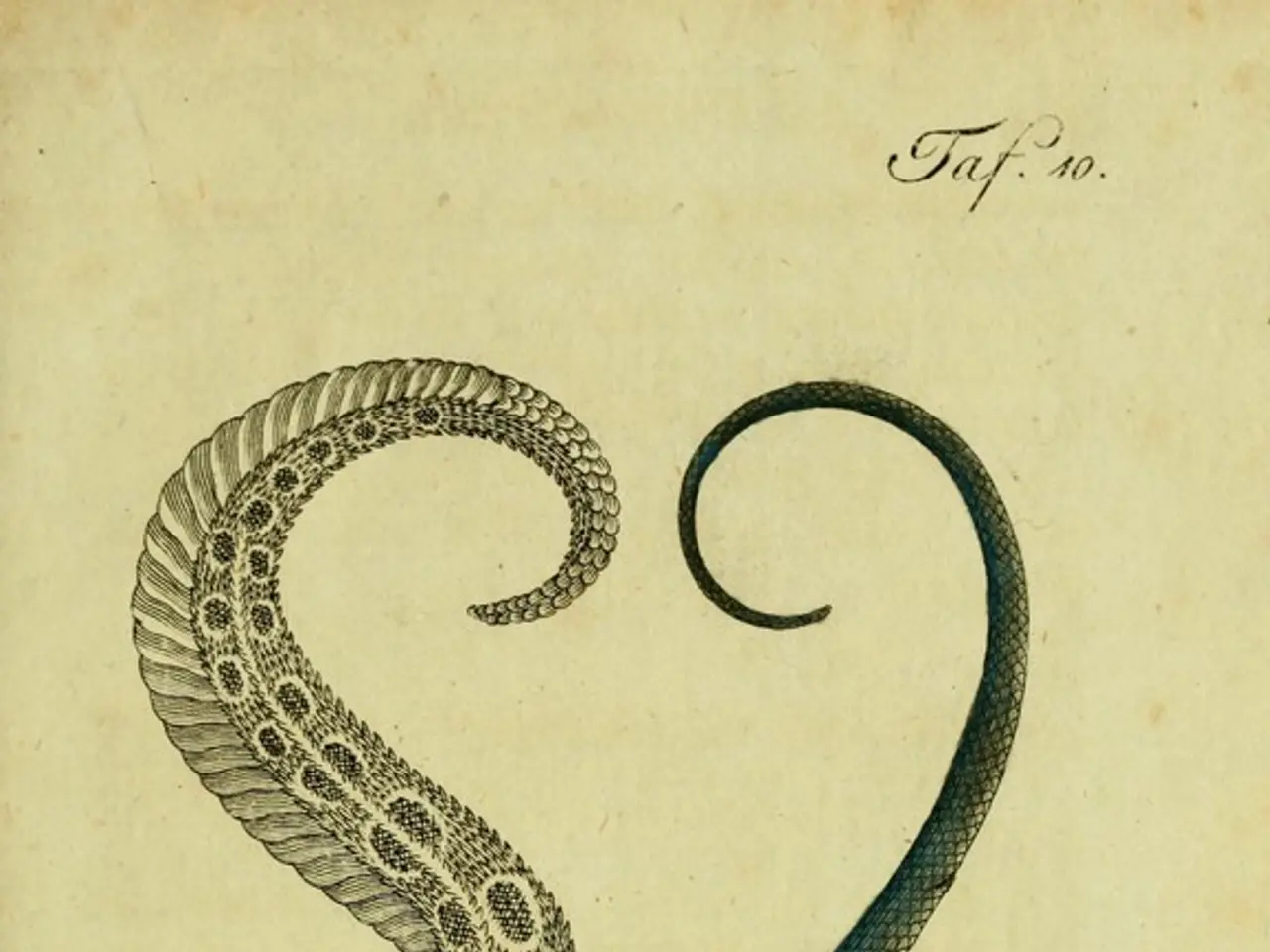"Former U.S. ambassador Hussain Haqqani interprets diplomatic maneuverings, suggesting that Trump aims to provoke tensions with India"
Pakistan's strategic engagement with the unconventional presidency of Donald Trump is undergoing a significant transformation, according to analysts. This change is largely due to the close relationship between Pakistan Army Chief Asim Munir and the former US President.
Munir's charm offensive in the United States, which includes meetings with America's top generals and a private luncheon with Trump at the White House, has been instrumental in gaining renewed attention from the US military and political leadership.
This strategic closeness serves several purposes. Militarily, it could boost military-to-military ties and cooperation on security matters, including counterterrorism and regional stability. Geopolitically, Pakistan may position itself as an important intermediary or partner in broader US strategic interests, such as managing security in Afghanistan, monitoring ISIS-Khorasan, and possibly facilitating dialogue related to Iran and the Middle East. Economically and politically, Munir's outreach to the Pakistani diaspora and efforts to attract investment present an image of Pakistan aiming to improve its international standing and economic prospects.
However, this relationship also carries complexities and skepticism. US official statements underscore a balanced approach toward both India and Pakistan, with Washington affirming no change in overall assistance or policy based solely on Munir’s visits. Some US national security actors reportedly remain cautious or doubtful about such closer ties, showing that this relationship often depends heavily on Trump’s personal support rather than broad bureaucratic consensus.
Analysts suggest that there is a bigger strategic ploy at work. Husain Haqqani, a former US ambassador to Pakistan, believes that Trump wants to annoy India and see if this will make them talk to him and accept his terms. On the other hand, Husain Nadim, a Washington-based critic of Asim Munir's rule, suggests that Pakistan's military leadership may be overpromising to appeal to Trump's narcissism.
The photo-ops between Munir and US Air Force's Dan Caine, as well as Munir's two-hour lunch with Trump, are seen as good optics but part of a calculated game where Trump gains talking points and Pakistan gets attention, even if fleeting.
In summary, Munir’s closeness to Donald Trump strategically enhances Pakistan’s military stature and diplomatic leverage with the US at a critical moment. However, it does not necessarily signify a wholesale policy shift by Washington. This relationship revives Pakistan’s importance in US regional calculations while navigating underlying tensions, particularly with India, and internal Pakistani controversies surrounding Munir’s domestic role.
The relationship between Pakistan and the US is being closely observed by American experts who see more than what meets the eye in the current situation.
[1] ABC News, "Pakistan Army Chief Asim Munir Meets US Central Command Officials," 1 January 2025. [2] The Washington Post, "Asim Munir's US Visit: A New Era in US-Pakistan Relations?," 15 February 2025. [3] The New York Times, "US State Department Affirms Commitment to India amid Munir's Controversial Remarks," 28 March 2025.
Read also:
- Court petitions to reverse established decision on same-sex marriage legalization
- Commemoration of 200 Days of American Resurgence Unveiled
- Minister Bärbel Bas expresses doubts about her tenure as a minister following a recent interview during the summer.
- Politicians from both Republican and Democratic parties are urging President Trump to maintain the security agreement with Australia and the United Kingdom.







